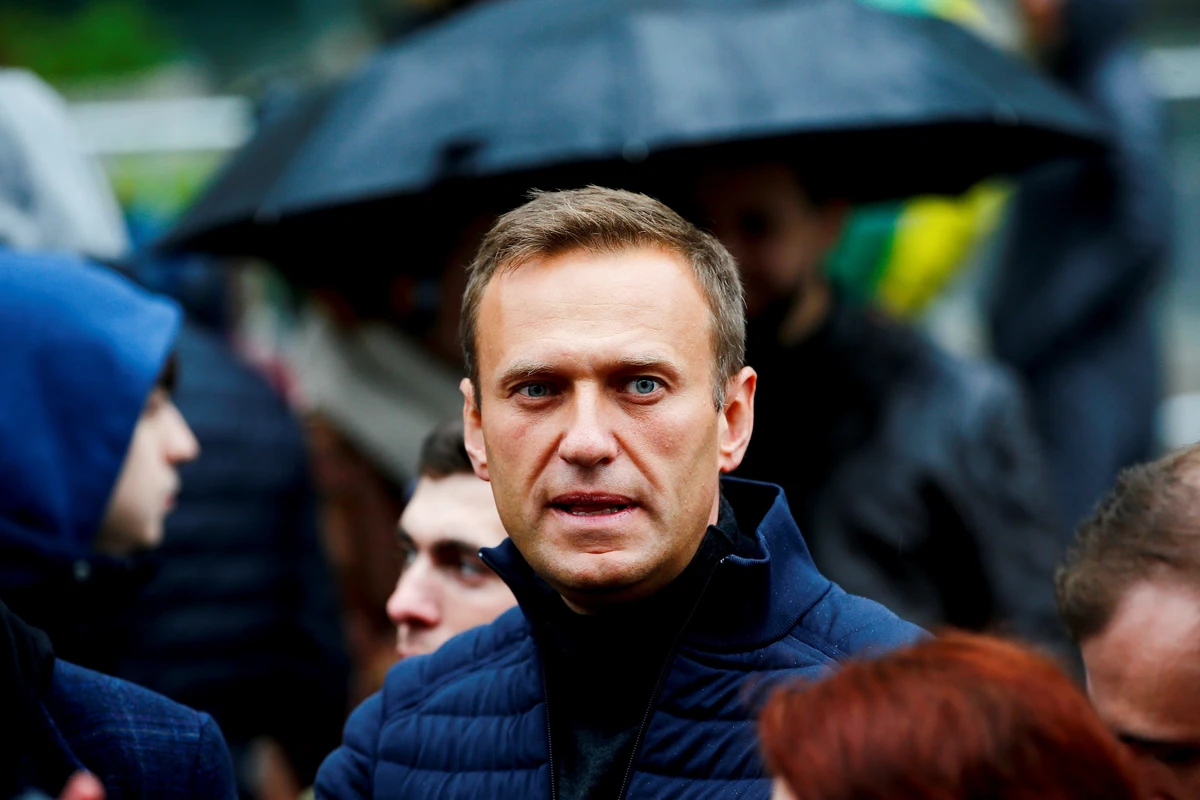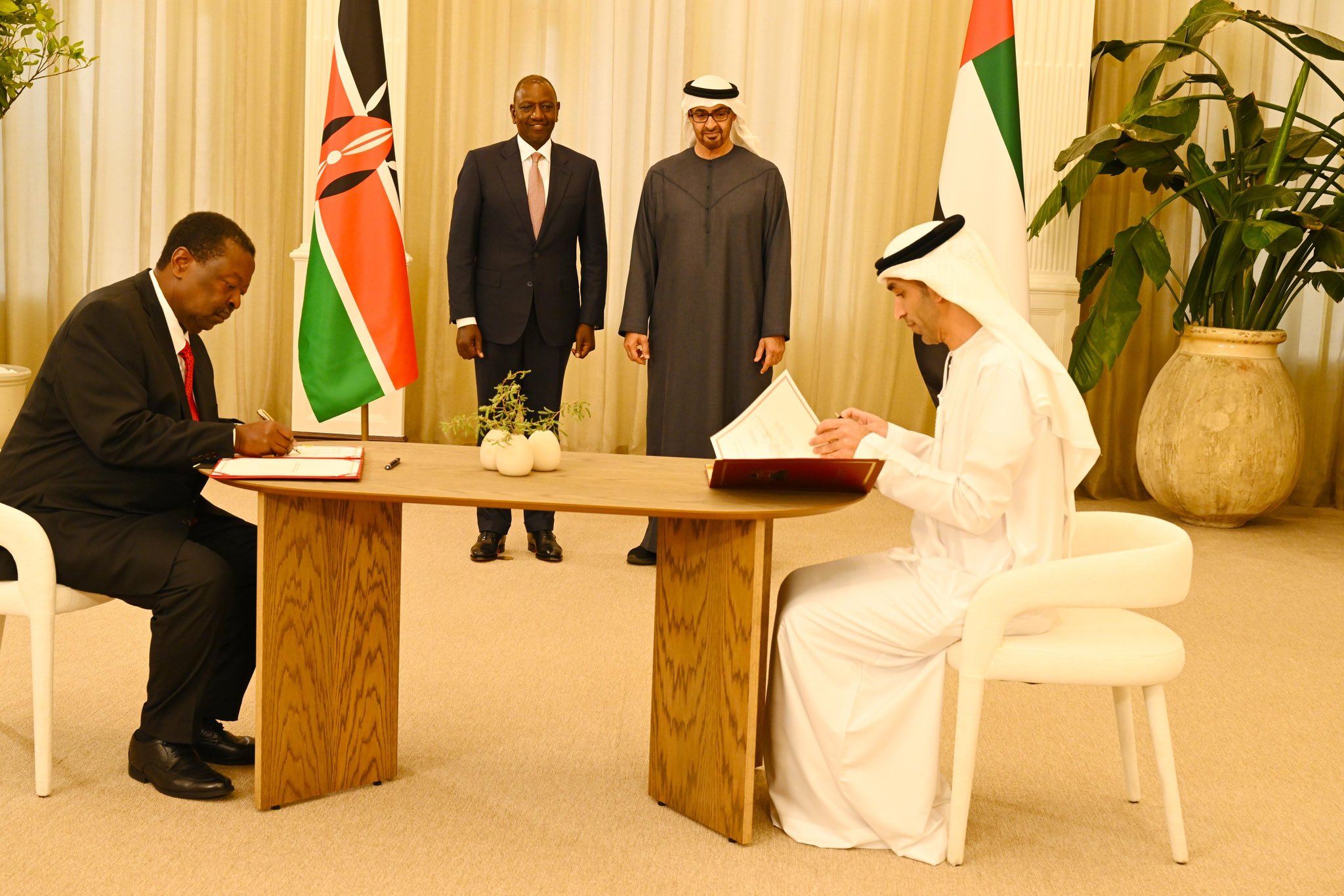The scandal has sparked widespread outrage on social media, with Kenyans demanding the resignation and prosecution of Health Cabinet Secretary Aden Duale and the SHA Chief Executive Officer, Dr Abdi Mohamed. One online post captured the public’s frustration: “The Ministry of Health is a crime scene. Duale and Mohamed must be held accountable; there’s no middle ground.”
Critics argue that the monthly contributions deducted from Kenyans’ incomes have failed to translate into better healthcare, pointing to systemic issues such as delayed payments to hospitals and continued funding of non-existent facilities. Suspicion of a cover-up intensified when the Ministry’s website, which hosts critical information on health facilities and fund disbursements, mysteriously went offline on 26 August 2025.
Activists dismissed claims of technical issues, noting that archived records remain accessible, but argued that the outage itself suggests an attempt to obscure evidence. “Taking down a website doesn’t erase guilt, it confirms it,” one user remarked.
In response, CS Duale announced that 45 fraudulent health facilities had been de-gazetted, adding to 40 previously suspended, and promised a joint Anti-Fraud Action Plan with leading medical insurers to restore trust. Yet, these measures have done little to quell public anger.
Former Chief Justice David Maraga, speaking for the United Green Movement Party, insisted that such large-scale fraud requires high-level approvals, urging that those responsible face legal consequences. “The Ministry and oversight bodies must answer for this unchecked corruption,” he said.
Trade union leader Francis Atwoli, Secretary-General of COTU, echoed these concerns, expressing dismay at the lack of transparency. “Workers’ contributions are being mismanaged, and the SHA’s inherited IT system from the defunct NHIF is being exploited as a conduit for fraudulent payments,” he said.
This scandal, the second major corruption case to rock President William Ruto’s administration in weeks, has further undermined confidence in the government’s pledge to deliver Universal Health Coverage.
For ordinary Kenyans, the issue transcends stolen funds; it represents a betrayal of their constitutional right to healthcare. Whether those implicated will face justice remains a critical test of the government’s resolve to combat corruption.
[/full]





